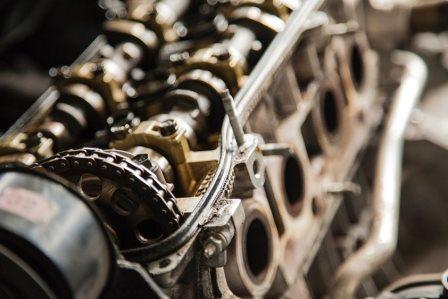Before you go online looking for instructions on filing a mechanic’s lien, it might help to find out a little more about this special legal remedy. A mechanic’s lien is used primarily in the construction industry and helps service and materials providers to collect their debts. The definition, according to Wikipedia, is as follows:
“A mechanics lien is a security interest in the title to property for the benefit of those who have supplied labor or materials that improve the property…[I]t is called by various names, including, generically, construction lien. It is also called a materialman’s lien or supplier’s lien when referring to those supplying materials, a laborer’s lien when referring to those supplying labor, and a design professional’s lien when referring to architects or designers who contribute to a work of improvement.”
The Rules for Filing a Mechanic’s Lien
As it turns out, this depends on many factors. Each state has its own set of rules on when a lien can be filed. They also set out who can file a lien. Most of the time, there is a requirement for the parties involved to send a preliminary notice before the project begins for them to qualify for rights to file a lien.
The main rule that holds across the United States — no matter what state you’re in — is that as long as you have furnished or supplied services, equipment, materials and labor to a project and the property was improved in whatever way as a result of that, then you have a right to file a lien against the property so long as you do it soon after you supply or furnish.
It’s a mouthful, but it makes sense. It’s meant to protect you from clients who do not honor their debts.
But what is the value of the lien? Why should you file a mechanic’s lien at all, and how does it all lead to you getting paid?
Complications May Create Issues
Mechanic’s liens are highly effective and do get you paid quickly. The main reason is that, as soon as you file a lien, many complications arise for the property owner and they, in turn, have to pay you back. The complication that leads you to getting paid depends on the specific situation. Here are some of the complications:
- The property immediately gets encumbered by your lien, complicating its future sale
- If the project has a lender, you lien might get priority over that lender’s interest in some property; this is bound to get their attention and they might suspend funding for the project until the lien has been lifted
- You capture the owner’s attention more effectively
- Most contracts have a requirement that the property be free of liens; filing a lien leads the owner’s other contracts to get breached
- More parties will find themselves obligated to pay your debt
- You get a clearer payment deadline
- You can be paid in terms of the property
- People will pay you faster because no one wants to have to deal with a mechanic’s lien
- These liens are hard to challenge legally
- A mechanic’s lien puts you at the top of the priority list when the owner files for bankruptcy
- The mechanic’s lien can freeze the cash flow on the project
- Mechanic’s lien may lead parties to team up to pay you quickly
- Lien claims sometimes give you the right to attorney fees and other legal costs
- The lien will prioritize your debt and escalate the situation
- The contractor’s bonding ability may be affected by your mechanic’s lien
- Relationships will be affected by the mechanic’s lien
- The mechanic’s lien will give you leverage


































